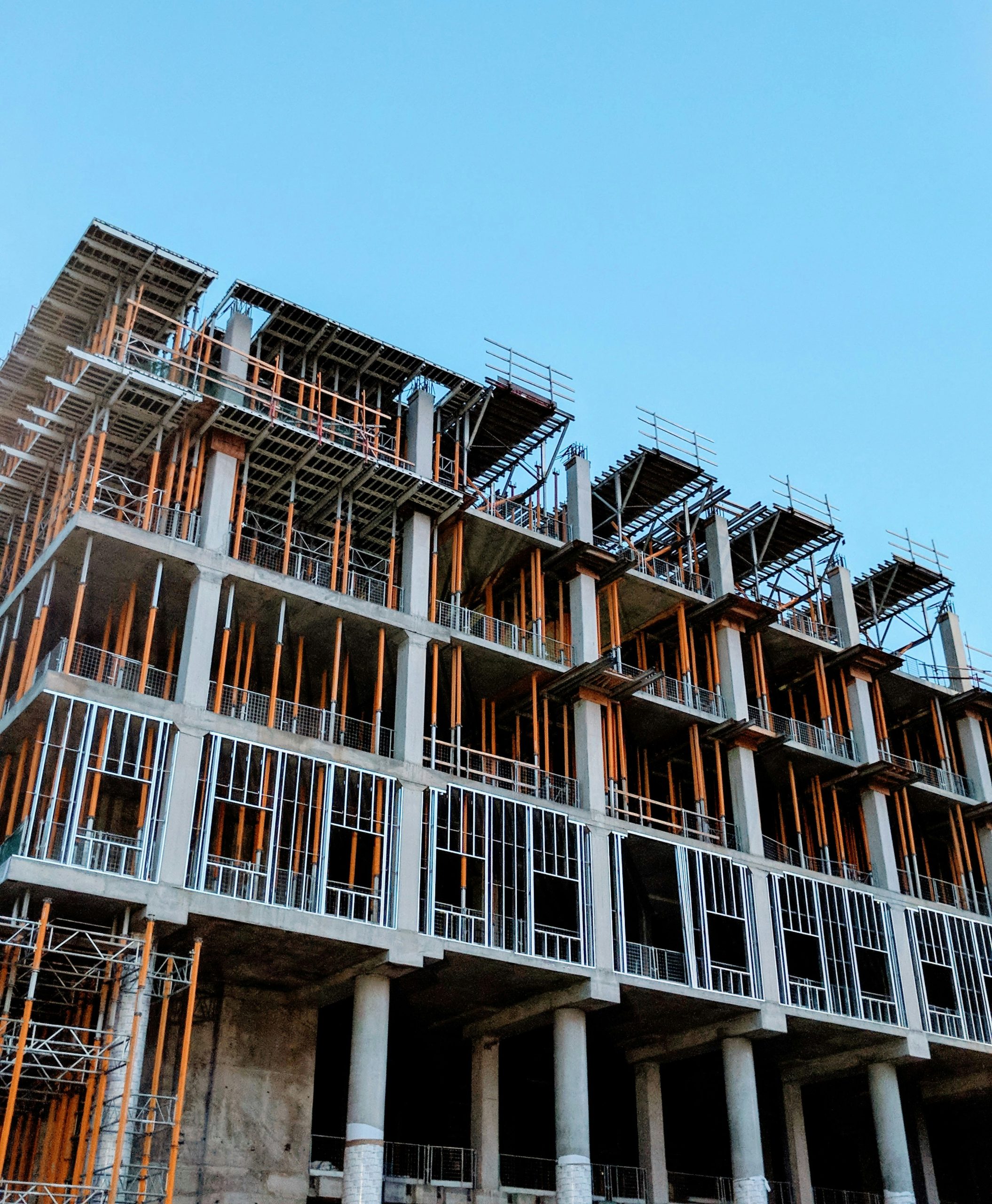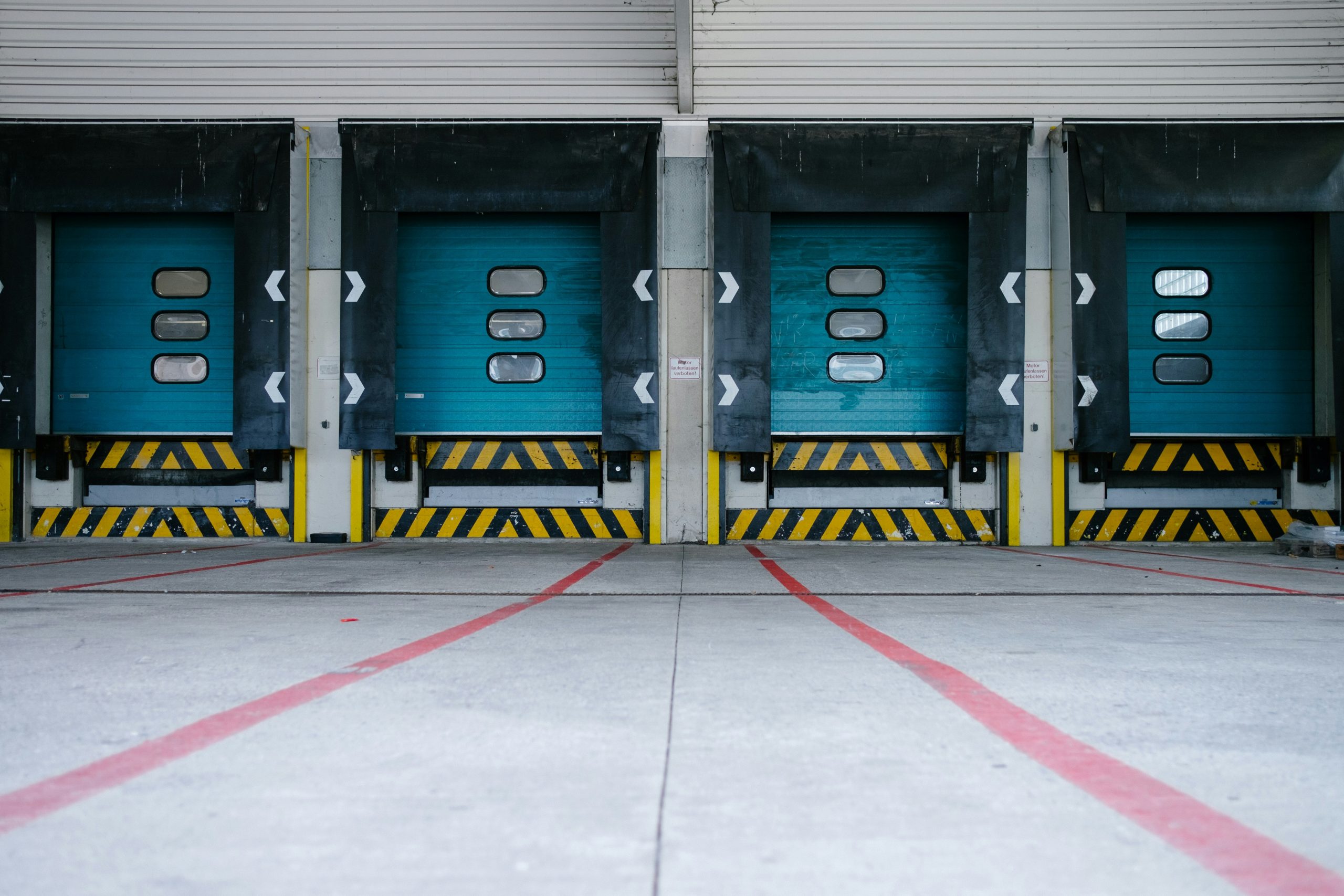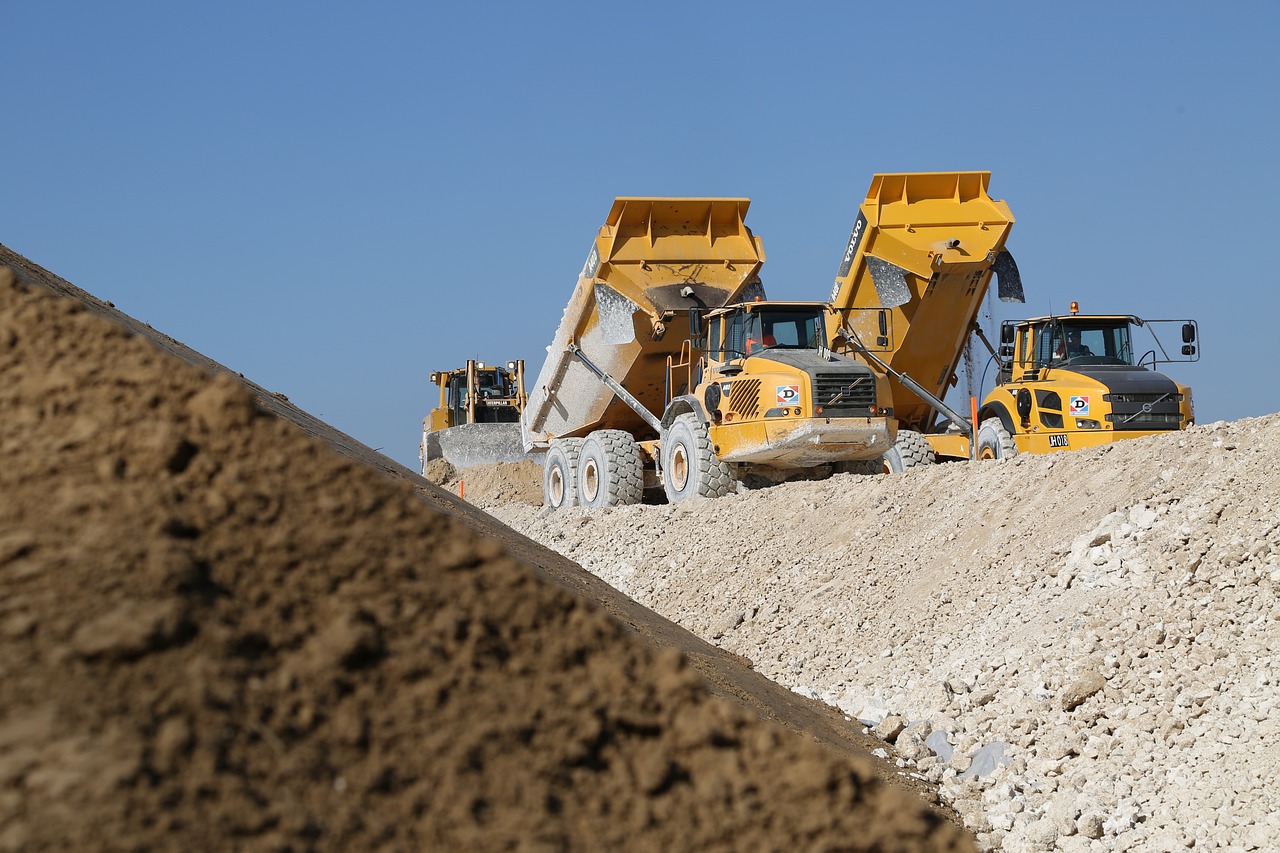Supply chain management in construction: the key to success
The construction industry is one of the most complex and resource-intensive sectors, and supply chain management is a crucial factor for success.
Supply chains in the construction industry encompass a variety of activities and actors, from suppliers of raw materials to manufacturers, distributors and finally construction sites.
Effectively managing these chains can reduce costs, improve efficiency and ensure that construction projects are completed on time and within budget.
In this article, we will explore the key aspects of supply chain management in the construction industry and how to optimize these processes to achieve the best possible results.
Understanding of the supply chain structure
The construction supply chain involves several key steps and actors, all of which play a crucial role in the success of the construction project.
It starts with raw material suppliers who provide basic building materials such as concrete, steel, wood and glass.
These raw materials are then processed by manufacturers into building components and products, such as windows, doors, roofing materials and piping systems.
Distributors are responsible for storing and transporting these materials and components to construction sites, while subcontractors specialize in specific tasks such as electrical installations, plumbing and painting.
The main contractor, or construction company, coordinates the entire construction process and is responsible for ensuring that the project is completed according to the specified requirements and timeframes.
Effective planning and forecasting are key to managing this complex supply chain.
This means anticipating material needs, planning purchases and deliveries, and managing inventory and logistics in a structured way.
Creating detailed material demand forecasts based on the construction project timeline and specifications can ensure that the right materials are available at the right time.
Effective inventory management is also crucial; implementing systems that optimize inventory and using strategies such as just-in-time (JIT) deliveries can minimize excess inventory and avoid the risk of obsolete materials.
In addition, it is important to develop strategic sourcing plans, including long-term contracts with reliable suppliers, to ensure stable supplies and negotiate better prices.
Use of technology and digital tools
Modern technology and digital tools are crucial to optimize the construction supply chain.
Building information models (BIM) offer a detailed digital representation of the construction project and its components, enabling efficient planning and coordination of material flows and logistical activities.
Enterprise Resource Planning (ERP) systems integrate all aspects of a company’s operations, including purchasing, inventory management and logistics, providing a holistic overview that improves decision-making.
Transportation Management System (TMS) software helps to plan and optimize shipments, monitor deliveries in real time and manage shipping costs.
In addition, the Internet of Things (IoT) and sensors can be used to track materials and equipment in real time, improving visibility and control over the entire supply chain.
Cooperation and communication
Effective supply chain management requires close cooperation and communication between all parties involved.
Building long-term and reliable relationships with suppliers is crucial to ensure stable deliveries and faster problem-solving in case of disruptions.
Coordination is enhanced by the use of digital communication tools and platforms, such as email, teleconferencing and advanced project management tools, which facilitate communication between different actors in the supply chain.
Transparent communication is essential to ensure that all parties have access to up-to-date and accurate information on project status, material requirements and delivery schedules.
Risk management is a central part of supply chain management in the construction industry.
Regular risk assessments help identify potential threats to the supply chain, such as supplier delays, transportation problems or quality defects.
Business continuity planning is crucial to manage and mitigate identified risks, which may involve having alternative suppliers, stockpiling critical materials or developing contingency plans for transportation.
Implementing systems for continuous monitoring and reporting of supply chain performance enables rapid identification and remediation of problems.
Conclusion
Supply chain management in the construction industry is a complex but crucial task to ensure successful construction projects.
By focusing on accurate planning and forecasting, using modern technology, fostering collaboration and communication, and managing risks effectively, construction companies can optimize their supply chains and create a more efficient, cost-effective and sustainable construction process.
With the right strategies and tools, supply chain management can help create construction projects that not only meet but exceed expectations. Thank you for taking the time to read this article on supply chain management in the construction industry.
We hope you have gained valuable insights and tools to optimize your supply chain processes.






